On August 06, 1312 in Celtic History
John de wogan ceases to be justiciar; edmund le botiller will act as justiciar for the present
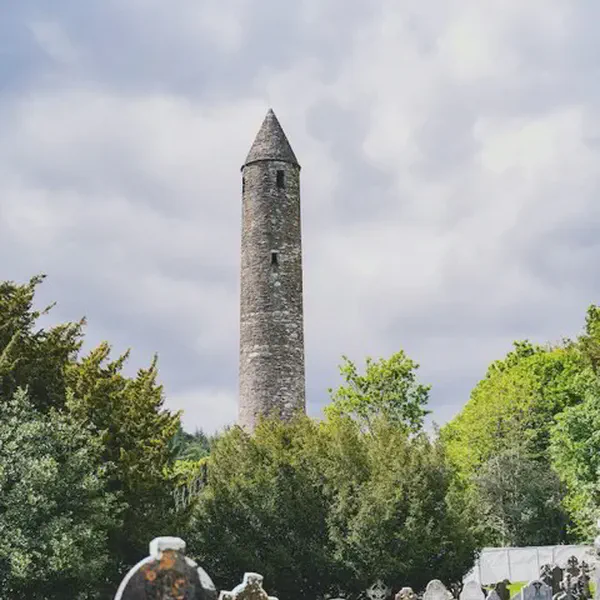
John de Wogan ceased to be Justiciar of Ireland in 1313, and Edmund le Botiller (Butler) was appointed to act as Justiciar in his place. The Justiciar of Ireland was the chief governor of Ireland, acting as the representative of the English Crown during the medieval period. The position was crucial for maintaining English rule and authority in Ireland.
Background
- John de Wogan’s Tenure: John de Wogan served as Justiciar of Ireland from 1295 to 1313. He was a skilled administrator and soldier, known for his efforts to maintain peace and order in Ireland during a period of significant unrest. His tenure was marked by his attempts to strengthen English control over the Irish lords and to address the ongoing conflicts between the native Irish and the Anglo-Norman settlers.
- Challenges: During his time as Justiciar, Wogan faced numerous challenges, including the Scottish invasion led by Edward Bruce in 1315, which occurred shortly after his tenure ended. Although this invasion took place after Wogan’s time as Justiciar, the instability and challenges he faced were indicative of the broader difficulties in governing Ireland during this period.
Edmund le Botiller’s Appointment
- Transition of Power: In 1313, John de Wogan was replaced by Edmund le Botiller (also known as Edmund Butler) as Justiciar of Ireland. The reasons for Wogan’s removal are not entirely clear, but it was not uncommon for such positions to change hands due to the political and military challenges of governing Ireland.
- Edmund le Botiller: Edmund le Botiller was a prominent Anglo-Norman nobleman with extensive lands in Ireland. He was part of the powerful Butler family, which played a significant role in Irish affairs throughout the medieval period. His appointment as Justiciar was likely due to his experience and status, as well as his loyalty to the English Crown.
- Acting as Justiciar: Le Botiller’s role as Justiciar was initially described as temporary (“for the present”), suggesting that the English Crown may have been assessing his effectiveness before confirming him in the position permanently. His tenure as Justiciar coincided with a period of increased conflict and instability in Ireland, including the aforementioned Scottish invasion.
Impact and Legacy
- Ongoing Governance Challenges: Edmund le Botiller, like his predecessors, faced significant difficulties in maintaining English authority in Ireland. The position of Justiciar was one of immense responsibility, requiring the balancing of the interests of the Crown, the Anglo-Norman lords, and the native Irish population.
- Role in Irish History: The Justiciars of Ireland, including both Wogan and le Botiller, were central figures in the administration of English rule during a turbulent period in Irish history. Their efforts to govern and maintain order had lasting impacts on the relationship between England and Ireland, contributing to the complex history of Anglo-Irish relations.
The transition from John de Wogan to Edmund le Botiller as Justiciar of Ireland in 1313 was a significant event in the governance of medieval Ireland, reflecting the ongoing challenges of maintaining English rule and the pivotal role of the Justiciar in that process.
More From This Day
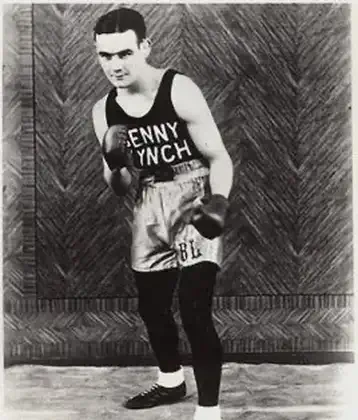
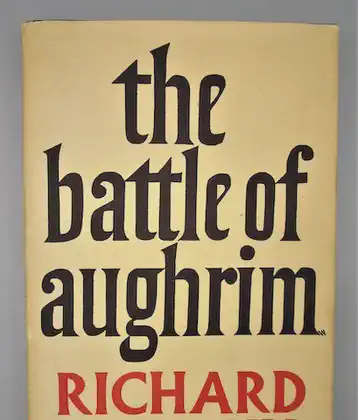
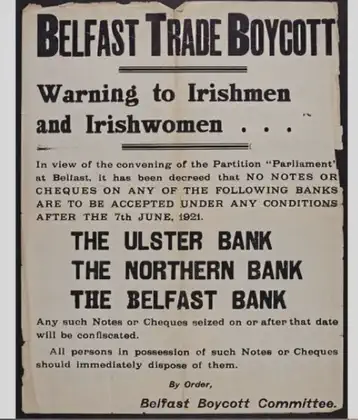

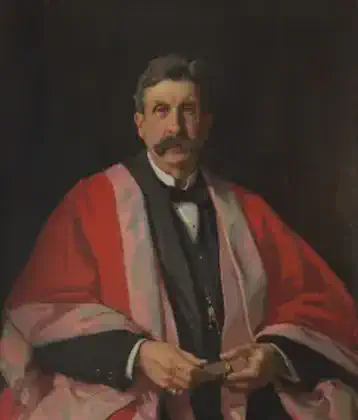
calendar
1853
Sir William Ridgeway, classical scholar, is born in Ballydermot, Co. Offaly
August 06, 1853
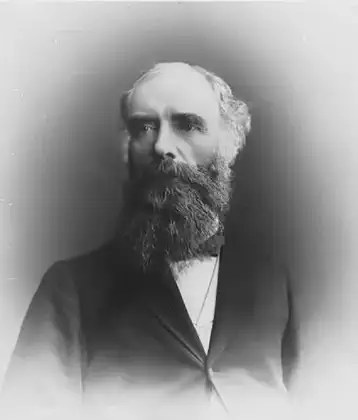


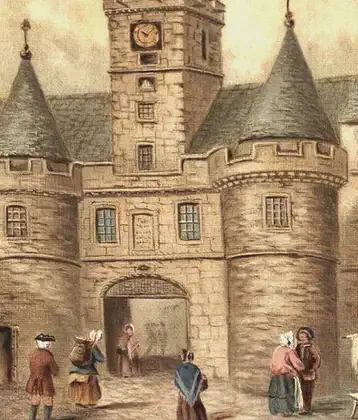
calendar
1678
First Glasgow-Edinburgh coach service began from White Horse Inn, Edinburgh.
August 06, 1678